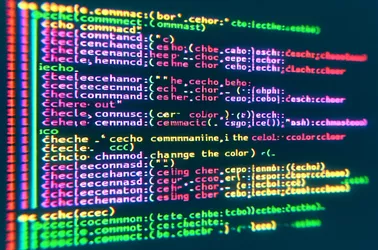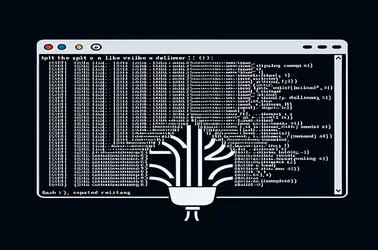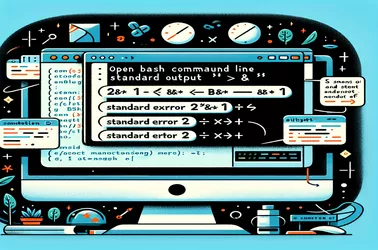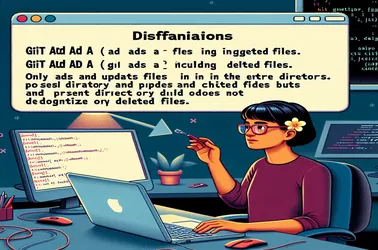Writing dependable scripts requires an understanding of how Bash manages environment variables. Parameter expansion is a frequently employed method that guarantees variables have their default values when they are not set. To avoid errors, the expression ${AIRFLOW_PROJ_DIR:-.}/dags falls back to a specified directory. Gaining proficiency with this syntax enhances system administration and automation, particularly in DevOps processes.
Many users encounter problems with instructions disappearing off-screen when long lines in the Bash terminal do not wrap correctly. Incorrect shell configurations or terminal settings are frequently the cause of this issue. Text wrapping can be significantly enhanced by adjusting the stty parameters, making changes to the .inputrc file, and utilizing automation scripts. Selecting a terminal emulator that is properly setup can also improve readability and usability. By using these fixes, users can make sure that long commands are handled correctly in their Bash environment, which will increase the terminal's usefulness.
One effective method to keep up with file changes on your system is to send notifications from the terminal. You can effectively automate operations using tools like bash scripts, Postfix, and external APIs. These solutions offer versatility and may be customized to meet both simple and complex monitoring requirements.
This tutorial explains how to use the echo command to alter the color of text output in the Linux terminal. It gives instructions on how to print text in red step-by-step and explains the commands that are used.
To install a particular version of a Homebrew recipe, like PostgreSQL 8.4.4, you'll need to tap the repository, look for the version you want, then use certain commands to pin and install it. This guarantees that software versions can be managed efficiently, allowing development and production environments to coexist peacefully.
This guide describes several ways to extract the filename and extension in Bash from a given text. It covers typical errors, including having several periods in a filename, and offers fixes with various commands and methods. Without using Python, you may effectively alter file data by utilizing techniques like awk, sed, and parameter expansion.
This tutorial explores several approaches to splitting a string on a delimiter in Bash. Using instructions like IFS, tr, awk, and cut is covered. These methods provide effective and adaptable ways to work with strings, for both straightforward and intricate tasks.
In order to combine stderr and stdout into a single stream in Bash scripting, this article explores the meaning of the 2>&1 notation. Comprehending this notion is vital for proficient debugging and logging in diverse scripting situations.
Graftcp is an effective utility that may be used to proxy any program, allowing application traffic to be routed securely and under control. For network administrators and developers, this tool is vital since it offers flexibility in routing traffic through several proxy types, including HTTP and SOCKS.
It is essential for effective version control to comprehend the distinction between git add -A and git add .. The two commands have different functions when it comes to staging changes in a Git repository, which affects the handling of adds, deletions, and alterations.
You may experience problems with Git if the Xcode Command Line Tools are corrupted or missing after updating macOS or restarting your computer. The "invalid active developer path" error indicates this issue. You can fix this by making sure your environment variables are configured correctly and using scripts to reinstall these programs. Another useful tool for maintaining and upgrading Git and other dependencies is Homebrew.
In contrast to PHP, string concatenation is accomplished differently in Bash. Both simple and sophisticated methods, such as command substitution and the use of arrays, are covered in this tutorial.











